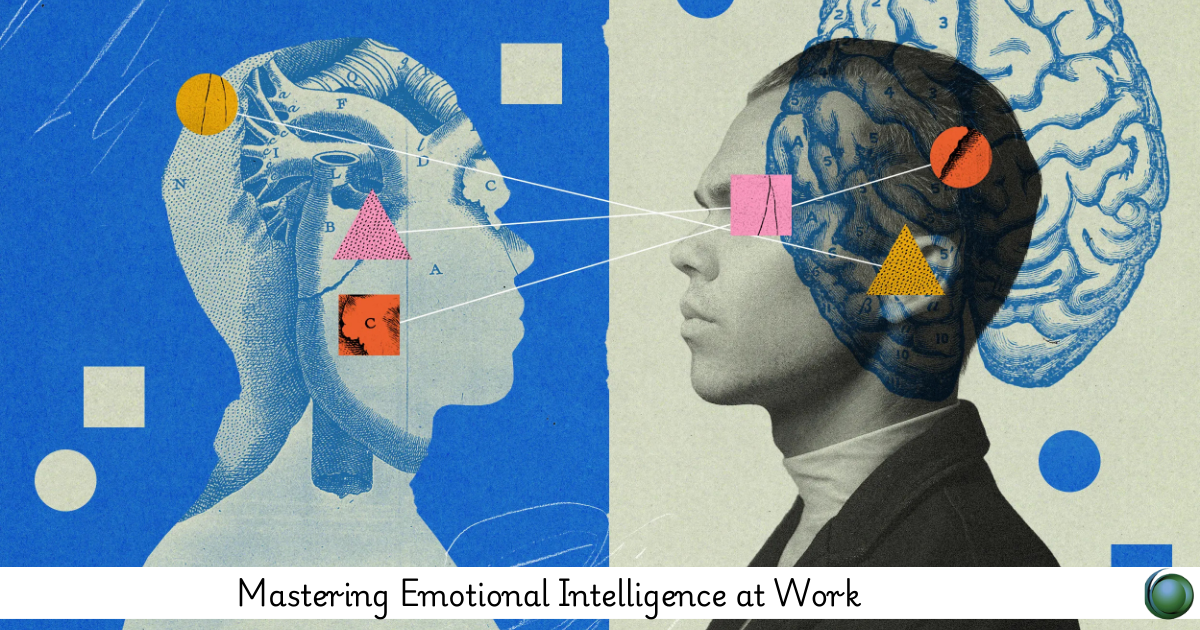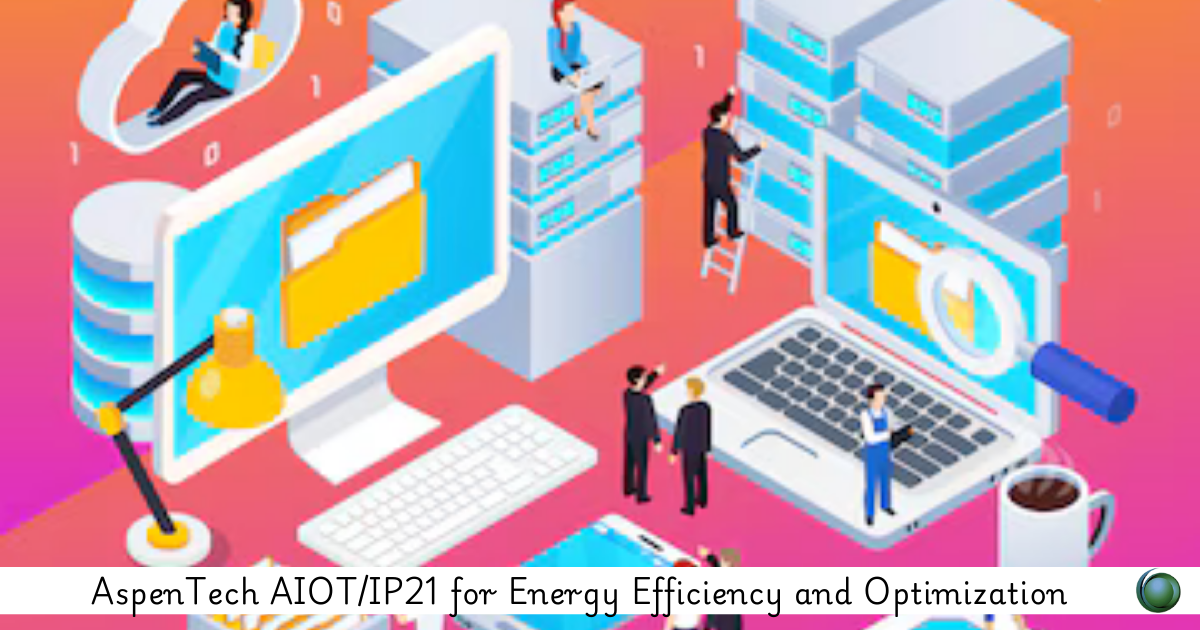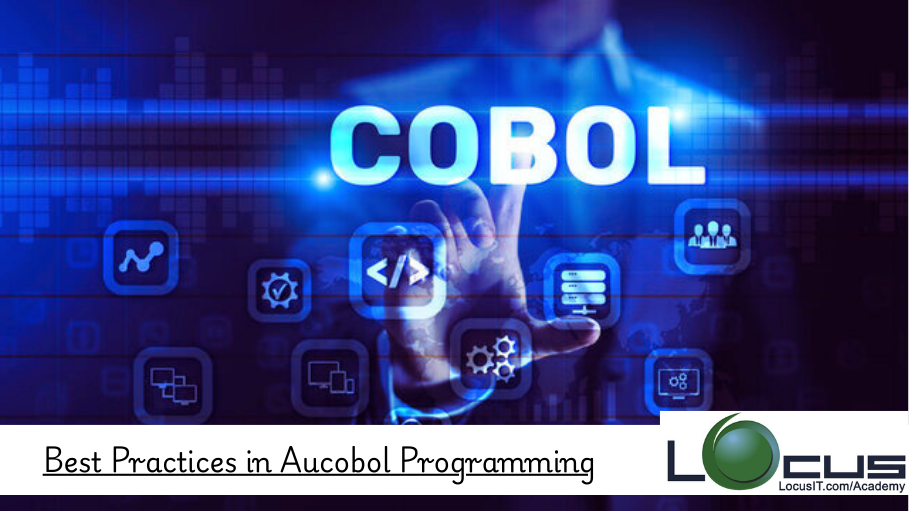Description
Introduction
Emotional Intelligence (EQ) is a powerful predictor of workplace success, influencing how we manage ourselves and our relationships. Mastering Emotional Intelligence at Work helps professionals understand, develop, and apply emotional intelligence to enhance communication, collaboration, leadership, and overall job performance.
Prerequisites
-
Open mindset and willingness to reflect on personal behavior
-
Basic interpersonal communication experience
-
Desire to improve workplace relationships and personal effectiveness
-
No prior knowledge of emotional intelligence required
Table of Contents
1. Understanding Emotional Intelligence
1.1 What is Emotional Intelligence (EQ)?
1.2 EQ vs. IQ: Why It Matters at Work
1.3 The Five Components of EQ (Goleman Model)
1.4 Emotional Intelligence and Career Success
2. Self-Awareness: The Foundation of EQ
2.1 Identifying Your Emotional Triggers
2.2 Using Reflection and Feedback for Growth
2.3 Understanding Emotional Patterns and Behaviors
2.4 Building Emotional Vocabulary
3. Self-Regulation and Emotional Control
3.1 Managing Emotions Under Pressure
3.2 Responding vs. Reacting in High-Stakes Situations
3.3 Techniques for Emotional Balance and Focus
3.4 Creating a Personal Self-Management Toolkit
4. Motivation and Inner Drive
4.1 Cultivating a Positive Attitude at Work
4.2 Setting Emotionally Aligned Goals
4.3 Grit, Resilience, and Growth Mindset
4.4 Overcoming Stress and Burnout with EQ
5. Empathy: The Core of Connection
5.1 Practicing Perspective-Taking
5.2 Recognizing Verbal and Non-Verbal Emotional Cues
5.3 Empathy in Conflict and Crisis Situations
5.4 Avoiding Empathy Fatigue
6. Social Skills and Relationship Management
6.1 Building Trust-Based Relationships
6.2 Navigating Team Dynamics and Office Politics
6.3 Giving and Receiving Feedback Gracefully
6.4 Influencing Without Authority
7. Emotional Intelligence in Leadership
7.1 Leading with Emotional Awareness
7.2 Creating a Safe and Supportive Team Environment
7.3 Coaching and Inspiring Others with EQ
7.4 EQ and Leadership Communication
8. EQ in Team Collaboration and Conflict
8.1 Enhancing Group Harmony and Inclusivity
8.2 Managing Differences and Resolving Tension
8.3 Emotional Intelligence in Cross-Functional Teams
8.4 Building Team EQ Through Shared Practices
9. Cultural and Generational Dimensions of EQ
9.1 EQ Across Cultures: Adapting with Sensitivity
9.2 Communicating with Emotional Intelligence Across Generations
9.3 Avoiding Misinterpretations in Diverse Teams
9.4 Global EQ Competence
10. Developing and Sustaining EQ Over Time
10.1 Emotional Intelligence Assessment Tools
10.2 Building a Personal EQ Development Plan
10.3 Practicing Mindfulness and Emotional Agility
10.4 Sustaining Growth Through Feedback and Coaching
Emotional Intelligence isn’t just a soft skill—it’s a strategic advantage. By mastering your emotions and tuning into those of others, you create stronger relationships, better decisions, and greater influence. This course helps you build enduring emotional intelligence that fuels personal and professional success.







Reviews
There are no reviews yet.